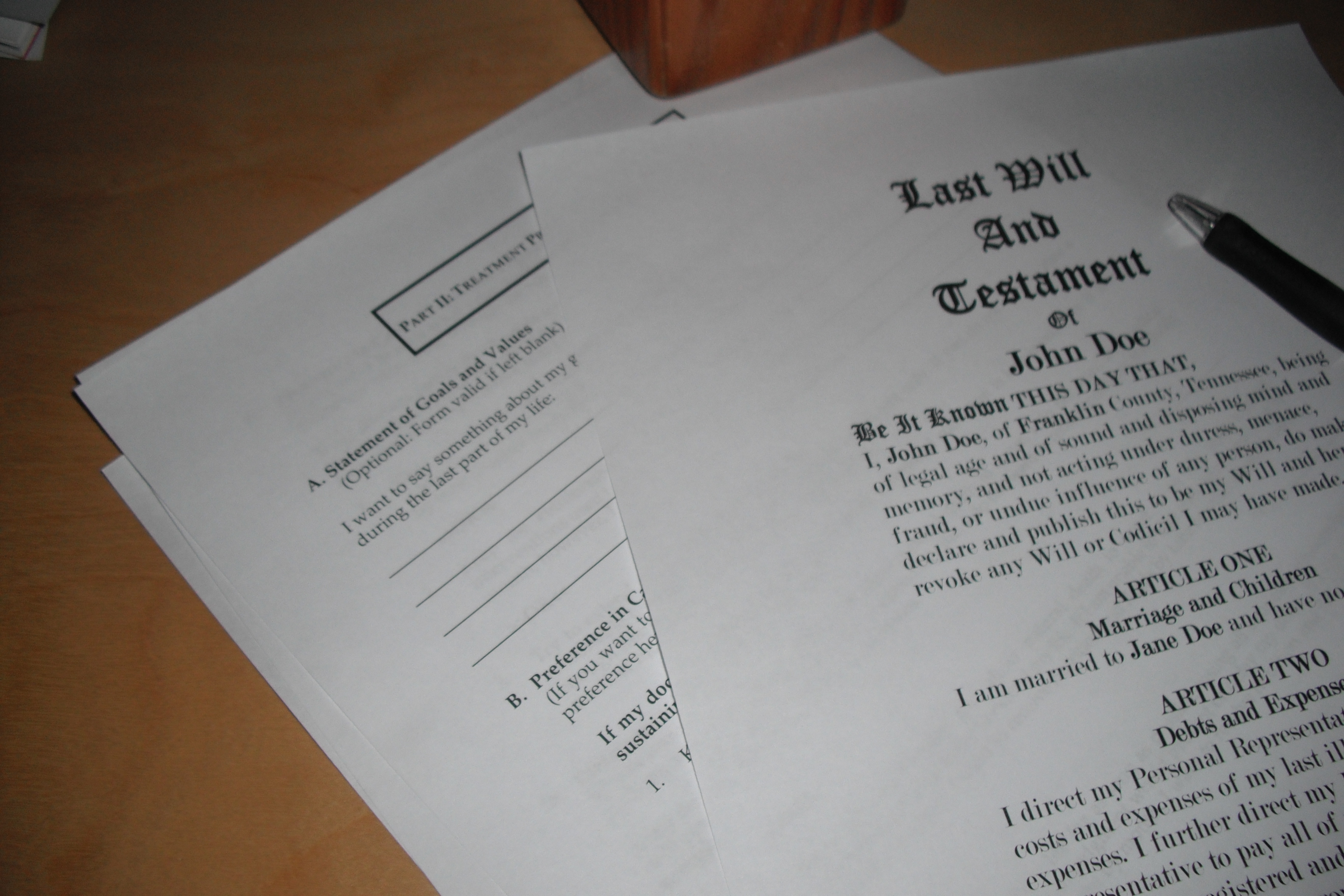Henry L. Chambers, Jr.*
Until Virginians approved Constitutional Amendment 1 in November 2020, the Virginia Constitution required the General Assembly redraw Virginia’s state legislative and congressional electoral districts every ten years in the wake of the national census.1 Redistricting culminated in the adoption of legislation redefining those districts. If the redistricting process had worked as intended after the 2010 census, electoral districts would have been redrawn and adopted by the General Assembly in 2011, approved by the Governor, and used for the ensuing decade. The redistricting process did not work as the Virginia Constitution contemplated. The General Assembly redrew, and the Governor approved, state Senate and House of Delegates districts in 2011. The state Senate districts remained substantially unchanged during the 2010s. Conversely, pursuant to litigation, a court-appointed special master redrew many of the House of Delegates districts the General Assembly had drawn in 2011. The current House of Delegates districts were finally fully implemented in 2019. The General Assembly redrew, and the Governor approved, Virginia’s congressional districts in 2012, one year after the Virginia Constitution mandated. Pursuant to litigation, a court-appointed special master redrew multiple districts in that plan. The current congressional districts were finally fully implemented in 2016.
The chaos surrounding the post-2010 census redistricting process has led to uncertainty regarding the post-2020 census redistricting process. The last redistricting process helped trigger a constitutional amendment that gives primary redistricting responsibility to a newly created Virginia Redistricting Commission (“VRC”). The Virginia Constitution now requires the VRC redraw electoral districts in the wake of the 2020 census, approve the districts by supermajority, and submit them to the General Assembly. The General Assembly must enact the VRC’s redistricted maps without changes before the new districts can be used. The Supreme Court of Virginia would draw the districts if the VRC could not agree on maps to submit to the General Assembly or if the General Assembly declined to approve the VRC’s maps. The Governor of Virginia no longer has any role in redistricting.
Post-2020 census redistricting is uncertain because the substantive law of redistricting has changed over the last decade. The laws that governed redistricting a decade ago—the Virginia Constitution, the Fourteenth and Fifteenth Amendments, and the Federal Voting Rights Act—will govern redistricting in 2021. However, significant legal developments in the last decade have changed and clarified the doctrine regarding those enactments. For example, the Supreme Court of the United States deemed part of the Voting Rights Act unconstitutional, releasing Virginia from compliance with the Act’s preclearance requirement to which Virginia had been subject for over fifty years. Preclearance required certain jurisdictions to ask permission from the United States Department of Justice (“DOJ”) or the United States District Court for the District of Columbia before using new election laws or making voting changes, such as using new redistricting maps to ensure those changes did not harm the rights of minority voters. That change may significantly alter how race is considered in redistricting. Whatever entity redraws the Commonwealth’s electoral districts in 2021 will need to comply with fewer rules than the General Assembly did a decade ago, but that may not make redistricting easier.
The General Assembly was aware of the complexity surrounding 2021 redistricting and used its 2020 session to prepare. It passed legislation directing how electoral districts are to be redrawn and approved and sent the aforementioned constitutional amendment to voters for approval. The new legislation is sensible and addresses some issues of partisanship and race in redistricting but does not fully address the changes in the law of redistricting over the last decade that might affect the substance of the upcoming redistricting. The General Assembly may use its 2021 session to address lingering issues. However, it should have considered and resolved those issues in 2020. Addressing lingering issues in the 2021 session, as the redistricting process begins, may be deemed contrary to an attempt to eliminate politics from the redistricting process.
This Essay considers the changes in redistricting law that have occurred since Virginia redrew its electoral districts after the 2010 census, what those changes might mean for Virginia’s redistricting in 2021, and how the General Assembly did and did not address those changes in its 2020 session. Part I discusses the legal regime in place for redistricting after the 2010 census. Part II notes how the General Assembly redistricted after the 2010 census. Part III explains how the law of redistricting has changed since Virginia last redistricted. Part IV analyzes how the General Assembly used its 2020 session to prepare for redistricting in 2021, noting the issues it addressed and those it did not address.
*Professor of Law, University of Richmond School of Law. The author thanks Joleen Traynor and Zanas Talley for their research assistance.






